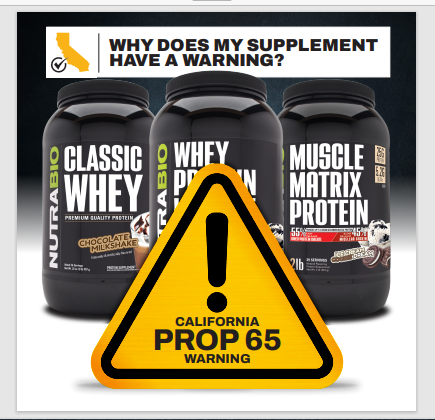Hydration Guidelines For Endurance Athletes:
- Total Daily Fluid - According to Ryan-Smith and Antonio (2013) daily fluid amounts will vary from individual to individual based on athlete type, body weight, gender, exercise duration and intensity, sweat rates, and type of environment the individual lives/exercises in. While this makes it difficult to recommend an EXACT amount of fluid daily to promote optimal hydration for an athlete, a general guideline of 400-600mL (13 -20 ounces) of fluid every 2-3 hours (160 ounces daily) will ensure the individual is adequately hydrated prior to each training session (Smith-Ryan, Antonio, 2013).
- Prior to exercise - 500 to 600ml of water or sports drink 2 to 3 hours before exercise and 200-300ml of water or sports drink 10 to 20 minutes before exercise. This will ensure optimal pre-exercise hydration.
- During exercise and to maintain hydration at less than 2% body weight reduction approximately 200-300ml of fluids should be taken every 10-20 minutes.
- Post exercise - Roberts (2012) recommends 150% of weight loss replacement with fluid after exercise. This equates to 1.5 liters of fluid replaced for each kg of weight loss.
What About Electrolytes With Consideration To Hyponatremia?
- According to Laursen et al. (2006) hyponatremia occurs when drinking too much fluid and taking in too little sodium before, during, and sometimes after an event. Hyponatremia is also more likely to happen during longer events such as the marathon as opposed to shorter events like a 5k. Therefore, individuals should limit fluid intake to minimize dehydration and consume sodium rich (electrolytes) foods and beverages during exercise that lasts longer than 2 hours in order to prevent excessive drinking and limit the risk of developing hyponatremia (Speedy, Noakes, and Schneider 2001).
References:
Sawka, M. N., Burke, L. M., Eichner, E. R., Maughan, R. J., Montain, S. J., & Stachenfeld, N. S. (2007). American College of Sports Medicine position stand. Exercise and fluid replacement. Medicine and science in sports and exercise, 39(2), 377-390.
Smith-Ryan, A., & Antonio, J. (Eds.). (2013). Sports Nutrition & Performance Enhancing Supplements. Linus Learning.
Casa, D. J., Armstrong, L. E., Hillman, S. K., Montain, S. J., Reiff, R. V., Rich, B. S., ... & Stone, J. A. (2000). National Athletic Trainers' Association position statement: fluid replacement for athletes. Journal of athletic training,35(2), 212.
Roberts W. FIMS Position Statement. 2012 Fluid replacement for sports safety and performance. International Sportmed Journal, June 2012;13(2):39-42.


